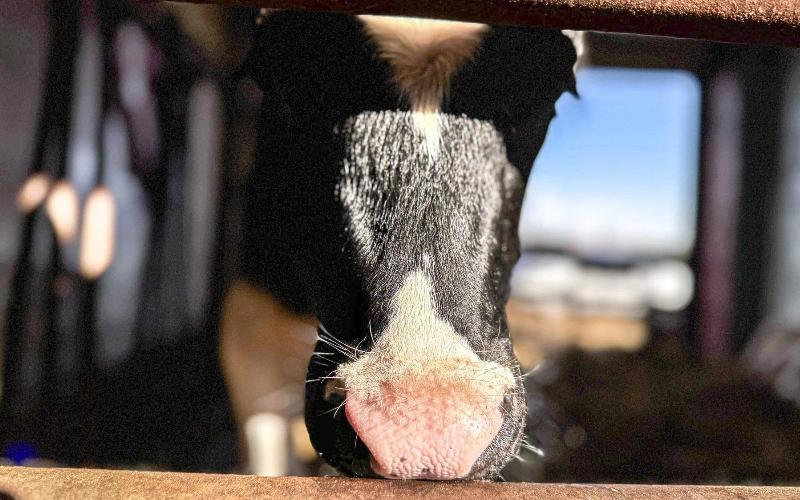Impact of Argentine Beef Imports on Minnesota Dairy Farmers

With the recent announcement by the Trump Administration to quadruple Argentine beef imports, Minnesota dairy farmers are expressing concerns about the potential impact on their profitability. Many dairy farmers in Minnesota supplement their income by selling cows for beef once they are no longer productive for milk. This practice has been particularly beneficial due to current high beef prices.
According to Thom Petersen, Commissioner of the Minnesota Department of Agriculture, the value derived from sending cows for beef has improved significantly compared to previous years. However, the U.S. cattle inventory is at a historical low, which has led to a surge in beef prices. The administration's plan to increase imports from Argentina aims to lower these prices, but it has sparked discontent among local farmers.
Christine Leonard, a dairy farmer from Norwood Young America, voiced her concerns regarding the move. She highlighted the potential risks of introducing diseases through imported beef, stressing the importance of maintaining the health of local cattle herds. The Trump Administration has acknowledged Argentina's history with cattle disease and committed to monitoring imports closely.
Petersen suggested that the market should be allowed to self-correct to achieve long-term stability in the farm economy. He emphasized the availability of alternative protein sources such as turkey and pork, which could mitigate the need for increased beef imports.
Furthermore, Petersen advocated for strengthening domestic agricultural efforts, such as opening private lands for grazing and supporting local butchers. He also mentioned the Minnesota Grown program, which helps consumers purchase directly from local producers.
Leonard expressed hope that consumers would become more aware of the origins of their food products. Nonetheless, she acknowledged that economic constraints might lead some individuals to opt for cheaper imported goods.











